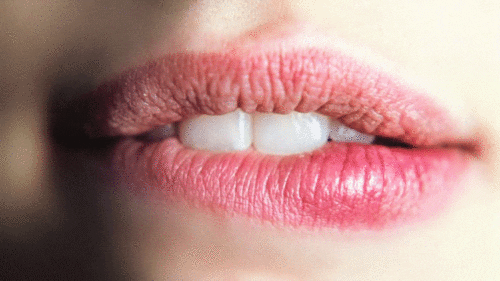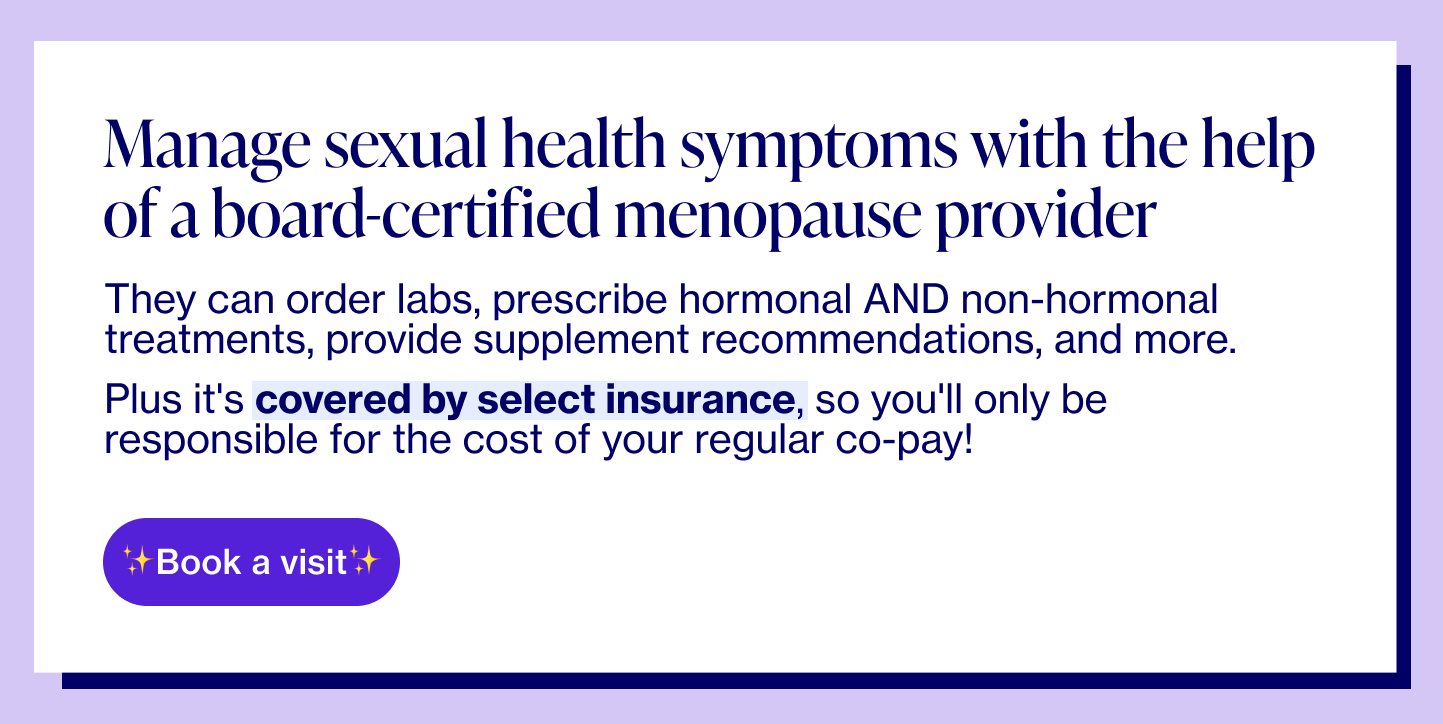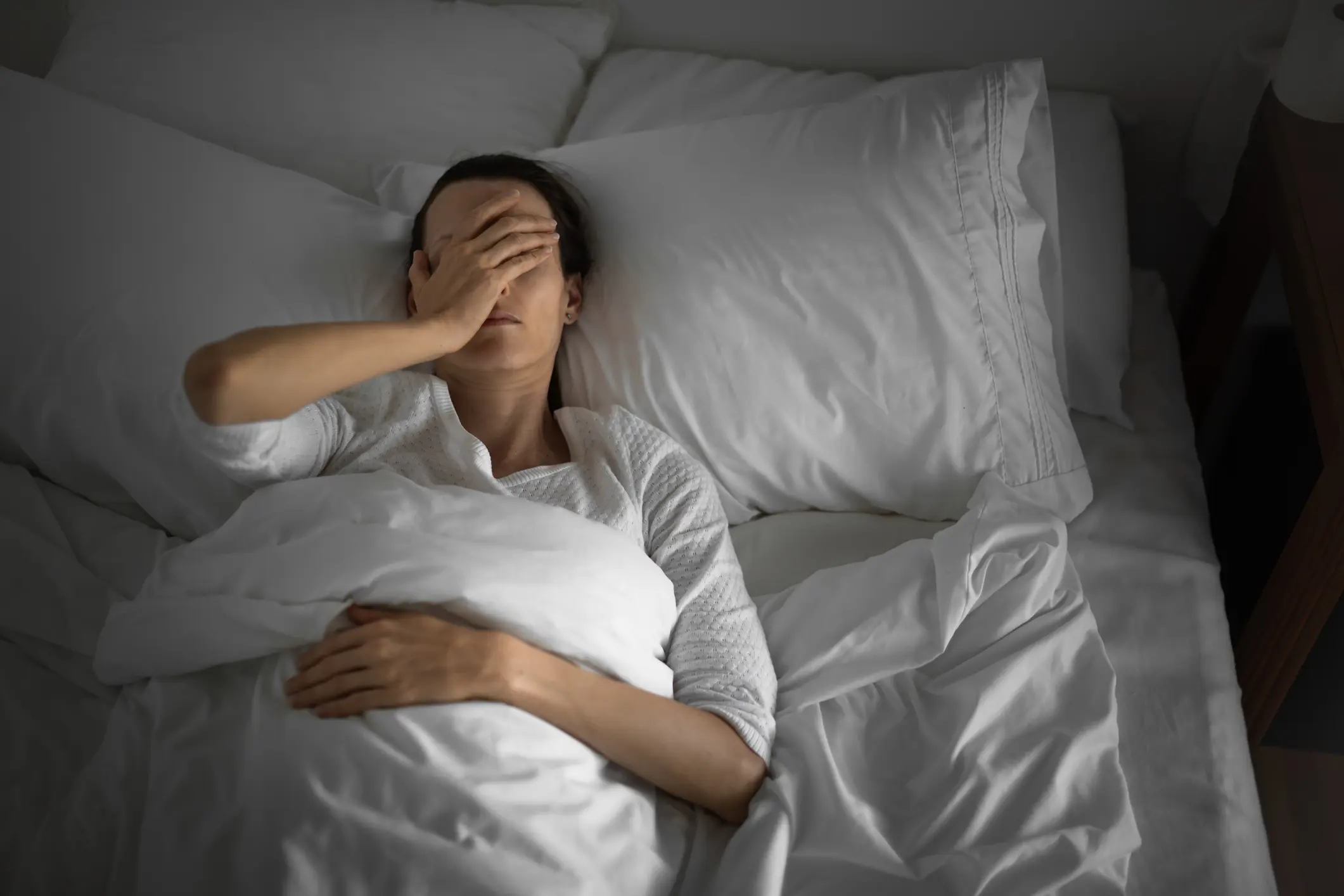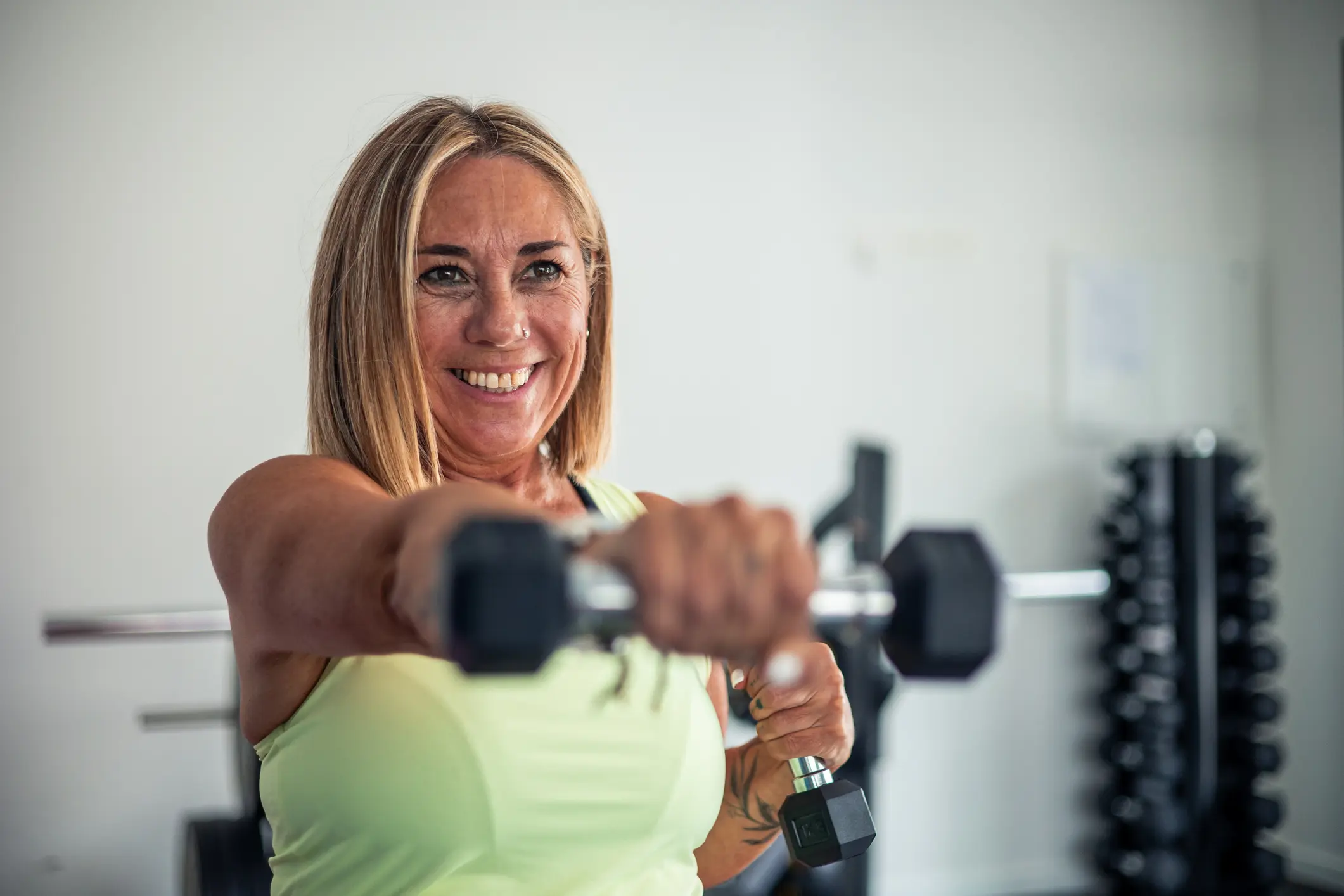
Published on Feb 07, 2023
Last modified on Apr 08, 2025
Low Libido: The Unspoken Menopause Symptom (let’s fix that)
4 min read
Concerns about libido and pain during sex are one of the most common symptoms of menopause we hear about, with the stats to back it up. Because get this: 1 in 3 women report low sexual desire or interest over the course of their lifetime, and 17-45% of postmenopausal women experience pain during sex.
While some of the hormonal fluctuations of menopause may change the way we experience sex and our bodies, there are things every woman can do to create a pleasurable sex life that feels right for her.
But first, education. Because knowledge = POWER
Let’s talk science
Decreased libido is defined as a low desire, drive, or motivation for any type of sexual activity, as well as the lack of sexual fantasies or thoughts. When low libido persists for at least six months, negatively affects your life and overall wellness, and is not due to another co-existing medical/psychiatric condition or medication, it’s diagnosed as Hypoactive Sexual Desire Disorder (HSDD). While prevalence rates vary, research suggests that HSDD affects 10% of adult females — meaning you’re 100% not alone.
Urinary incontinence is often grouped together with issues like vaginal dryness, irritation/burning/itching of the vulva, pain with sex, and reduced/lack of desire…all of which constitute genitourinary syndrome of menopause (or GSM, for short).
Narrowing it down to a singular cause is difficult since there can be several intersecting mental and physical factors that contribute, including:
- Fluctuating hormones
As hormone levels shift and ultimately decline during the menopausal transition, so too can interest in sex. What many women don’t realize is that testosterone levels actually play a big role — as the main hormone of desire, this androgen typically peaks in your 20s and steadily declines through the menopause transition, playing a major role in low sexual interest. Another result of hormone changes? Vaginal dryness. Because without sufficient testosterone and estrogen levels, vaginal tissues aren’t as moist as they once were. Oh, and don’t forget that hormone fluctuations also cause things like hot flashes and night sweats which, let’s be real, aren’t the MOST conducive to sex drive. - Emotional changes & behavioral factors
Fatigue, stress, mood swings, relationship hurdles, and struggles with weight gain/physical changes are things many, if not all, women experience during their lifetime. But many of us don’t realize just how important of a role these emotional and behavioral factors play when it comes to intimacy, which is often the trigger needed for sexual arousal and desire in women. In fact, according to a clinical review of 57 studies, researchers found that “women who felt more negative about their bodies reported lower levels of desire and arousal.” - Medications
Certain medications, specifically antidepressants and those used to treat health conditions like heart disease and diabetes, can contribute to a decrease or loss of libido as a side effect. Even some over-the-counter medications such as antihistamines (are you taking Claritin all spring?) can cause dryness and, in turn, low desire.
While a whole lot about this experience is out of your control, there are things you can do. Let’s talk about our sexual health toolkit, shall we?
Oils, and creams, and toys, oh my!
As always, we’re not paid to feature any of these products. We’ve just vetted ‘em, love ‘em, and think you will too. Bonus points for the fact that these products can be used in the context of partnered sex (😉 hello, foreplay 😉) OR intimacy with yourself, which is JUST as important. Fun fact: masturbation relieves built-up stress, helps you sleep better, boosts your mood and overall well-being, helps you relax, relieves cramps…we could go on and on.
JoyLux vibrators, gels, and soaps
Founded by Colette Courtion, JoyLux provides at-home solutions to help women care for their pelvic and sexual health, including pH-balanced gel safe for vaginal use, aloe-based cleansers, serums, soaps, and more.
Unbound sex toys
This rebellious sexual wellness company makes vibrators, vaginal lubricants, and accessories — all with body-safe ingredients. We’re also big fans of founder Polly Rodriguez who, in addition to selling top-notch sex toys, has rallied her trailblazing team at Unbound to fight the MTA over sexism in NYC subway ads — and send members of Congress vibrators (!!!)
Kindra vaginal moisturizer
This light daily moisturizer is ULTRA hydrating thanks to the blend of coconut oil, sunflower seed oil, safflower seed oil, and vitamins E/B3.
MakeLoveNotPorn
MakeLoveNotPorn is the world’s first and only user-generated, human-curated social sex video sharing platform. Founder Cindy Gallop explains it as pro-sex, pro-porn, and pro-knowing the difference. Through their videos, MakeLoveNotPorn socializes and normalizes sex in the real world to promote consent, communication, good sexual values, and good sexual behavior.
Can menopausal hormone replacement therapy (MHT) help increase libido?
If lifestyle changes aren’t cutting it, you may want to consider supplements and over-the-counter solutions, which we outline in detail in our full guide to libido.
And then there’s menopausal hormone therapy (previously referred to as hormone replacement therapy or HRT) to help support sex drive. For this specific symptom, we’re usually looking to address decreasing testosterone levels.
While testosterone hormone therapy is not yet FDA-approved, there is substantial evidence regarding its safety and efficacy, with healthcare providers increasingly prescribing topical testosterone for postmenopausal women as an effective way to improve libido via enhanced sexual mood, nipple/clitoral sensitivity, and orgasms.
READ MORE:



